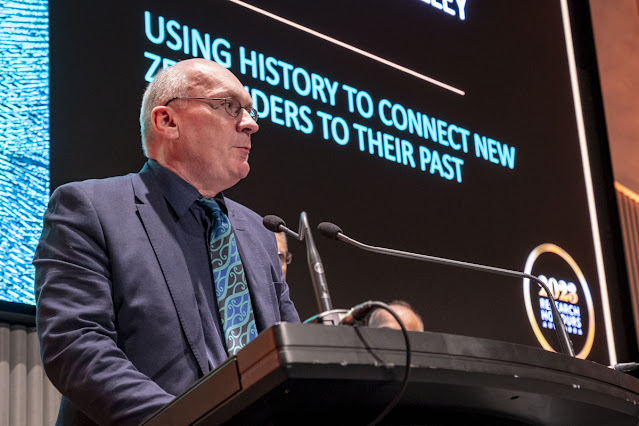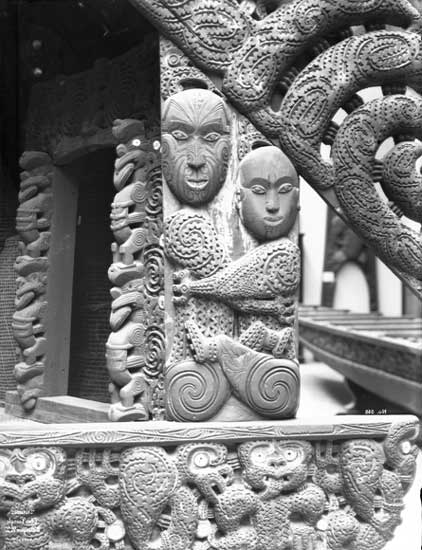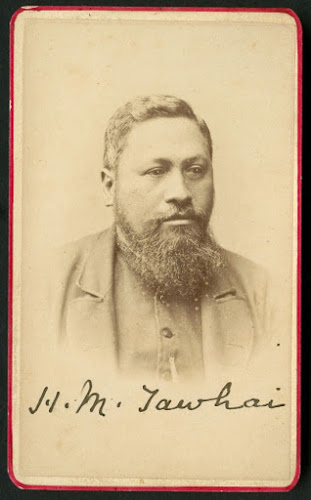2023 Talks and Events
In the past twelve months I have taken part in a number of different talks and events alongside other participants.
Here, I provide links to those available to view online, organised chronologically.
Prime Minister's Awards for Literary Achievement, February 2023
An online panel discussion with the 2022 recipients of the Prime Ministers Awards for Literary Achievement:
• Fiction: Stephanie Johnson – a celebrated and popular author of twelve novels, as well as poetry, short stories, and writing for stage and television
• Nonfiction: Vincent O’Malley - a distinguished author and historian of the New Zealand Wars and Te Tiriti o Waitangi
• Poetry: James Norcliffe – an acclaimed poet and writer for children and young adults, as well as a prolific editor and poetry champion
All three writers will read and discuss their work with award winning writer and broadcaster, Nick Bollinger.
Scarred Nations Symposium, Auckland Museum, April 2023
Scarred City: Tāmaki Makaurau and the New Zealand Wars (Vincent O'Malley)
For the full symposium playlist click here.
Featherston Booktown Karukatea Festival, May 2023
Invasion and Resistance: Facing up to Parihaka (Mahara Okeroa, Rachel Buchanan, Richard Shaw, Vincent O'Malley, Chris Finlayson, Paul Diamond)
November the 5th is a day of grief for Hon. Mahara Okeroa and Ockham Book Awards shortlisted author, Rachel Buchanan, whose tūpuna were on the whenua when the Crown troops descended; a day of shame for Richard Shaw, whose great-grandfather was with the armed constabulary; a day of knowledge for academic Vincent O’Malley, who seeks to find the truth behind the records; and a day of atonement for former Treaty Negotiations Minister Chris Finlayson, who delivered the Crown apology. The discussion attempted to face up to Parihaka and what it means to New Zealanders and was moderated by Ockham Book Awards short-listed author Paul Diamond.
History Homecoming, University of Canterbury, August 2023 (Vincent O'Malley, Katie Pickles)
Nau mai, haere mai. Where can a history degree take you? If you are a current university student, former student or staff, teacher, at high school and thinking of studying history, or generally love history, then this webinar series is for you.To celebrate UC’s 150th anniversary the Department of History is welcoming back and honouring a diversity of our graduates from across the decades. In these ‘this is your life’ homecoming conversations host UC Ahorangi | Professor Katie Pickles asks guests about memories of their time as a student, discuss their life since graduating and how history has proved useful and seek advice for those studying history today and in the future. Proving the value of a major in history, our guests have achieved much across a wide-range of sectors including teaching, public, professional and academic history, public service, working for iwi, in business and consulting, youth activism and galleries, libraries, archives and museums.
Dr Vincent O’Malley, FRHistS MRSNZ, is an award-winning and bestselling historian who has written and published extensively on the history of Māori and Pākehā relations in nineteenth century Aotearoa New Zealand. In 2022, Voices from the New Zealand Wars won the general non-fiction category at the Ockham New Zealand Book Awards, and Vincent won the Prime Minister’s Award for Literary Achievement in Non-Fiction. This year he was a semi-finalist for the Kiwibank New Zealander of the Year. Vincent is a founding partner of HistoryWorks, a Wellington-based research consultancy specialising in Treaty of Waitangi research.
For the full playlist click here.
USC Dornsife, Centre for Advanced Genocide Research, October 2023
Remembering and Forgetting Colonial Violence in Aotearoa/New Zealand (Joanna Kidman, Vincent O'Malley)
The nineteenth century New Zealand Wars were a series of violent collisions between the British and colonial military and Indigenous Māori communities that forever changed the course of the nation’s history. Thousands were killed or maimed in these conflicts, over two-thirds of them Māori, at rates that in some areas eclipsed, in relative terms, the huge losses suffered by New Zealand troops during World War One. Māori who survived the British and colonial military onslaught found their lands stripped from them in punishment for acts of so-called ‘rebellion’ and future generations were condemned to lives of poverty, their once flourishing economies destroyed. Newly emboldened settler governments meanwhile no longer felt obliged even to pay lip-service to its promises made to Māori in the 1840 Treaty of Waitangi. A much harsher approach towards colonisation was adopted as a direct result.
The legacy of these wars profoundly affects Indigenous lives today, as evidenced by the dire socio-economic statistics for Māori communities and the imperiled state of te reo Māori (the Māori language). Yet, colonial violence and its encroachment in Māori lifeworlds over time is remembered unevenly by different groups. New Zealand’s difficult colonial history and the complicated, entangled relations between Māori, Pākehā settlers and the state are characterised as much by collective amnesia and hotly contested versions of historic events as by public commemoration.
Drawing on historical and sociological perspectives, we explore how Māori communities invaded by British and colonial forces remember this tragic history and how their stories are transmitted across generations; and, we consider how shifting Māori tribal memories and settler amnesia or denial about this difficult past permeates people’s everyday lives in the present. We argue that it is only through an open and honest reckoning with this brutal history that healing can begin.




Comments
Post a Comment